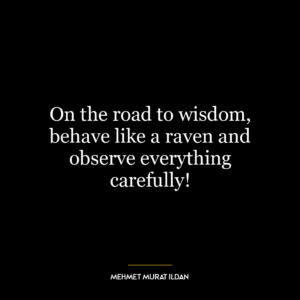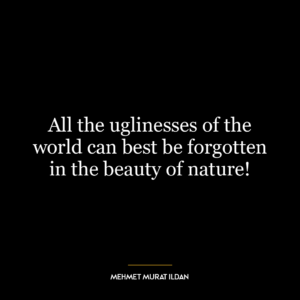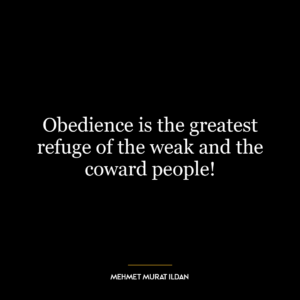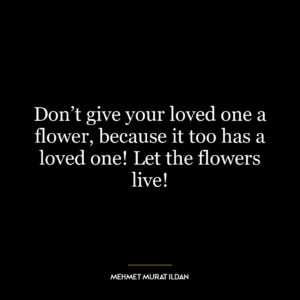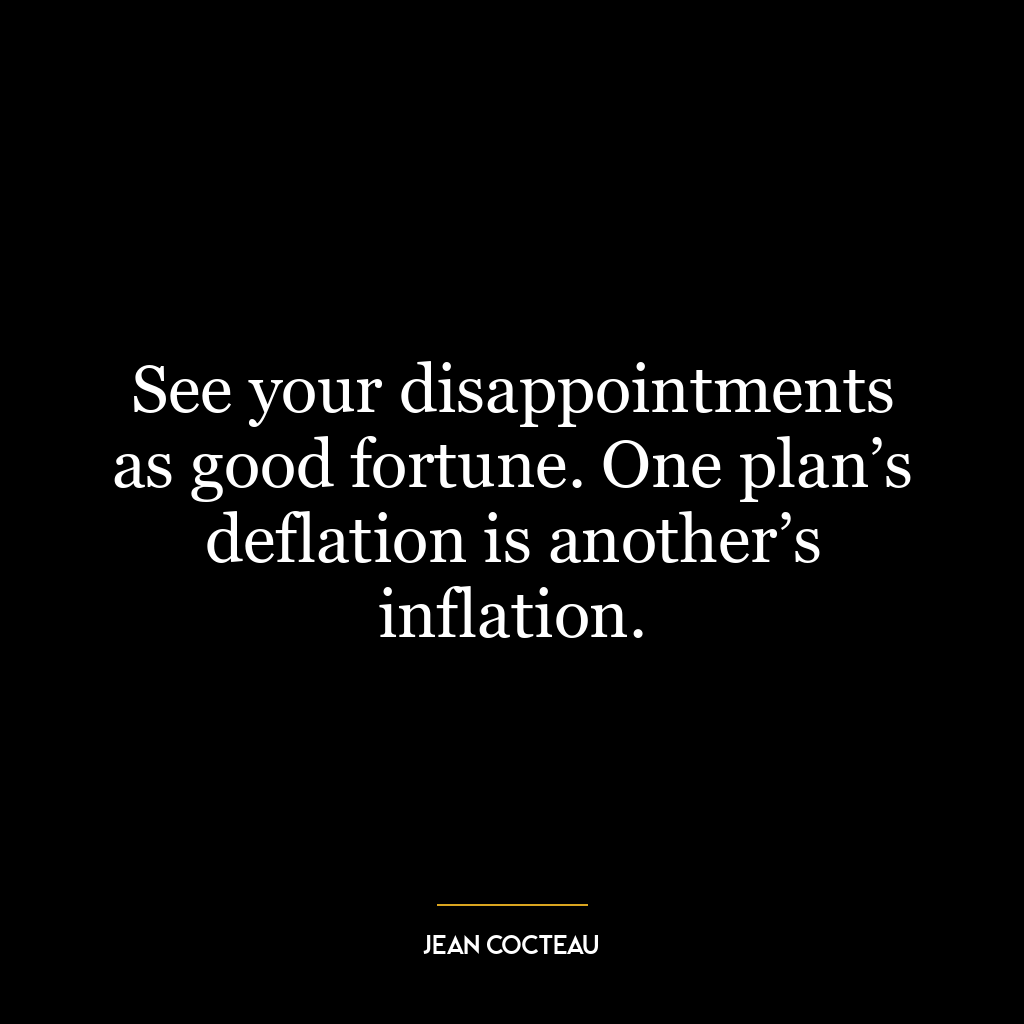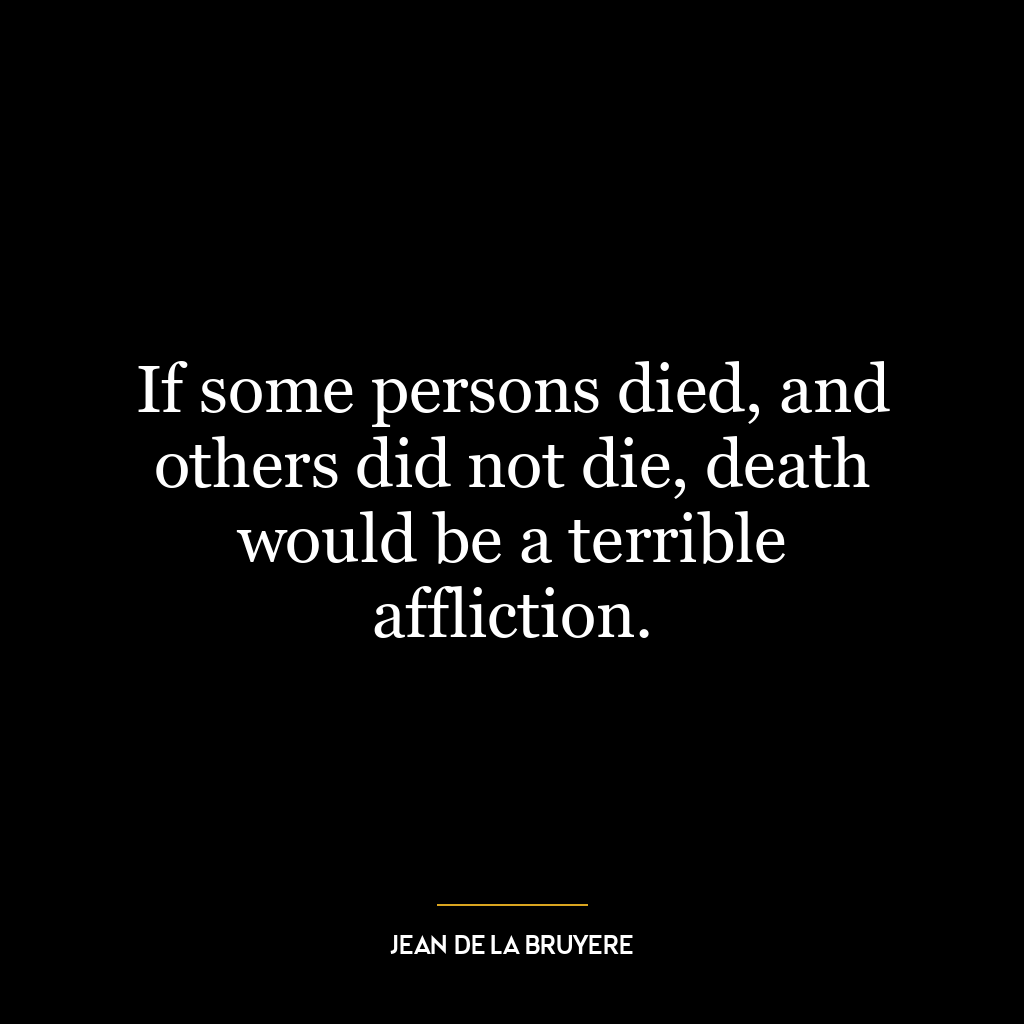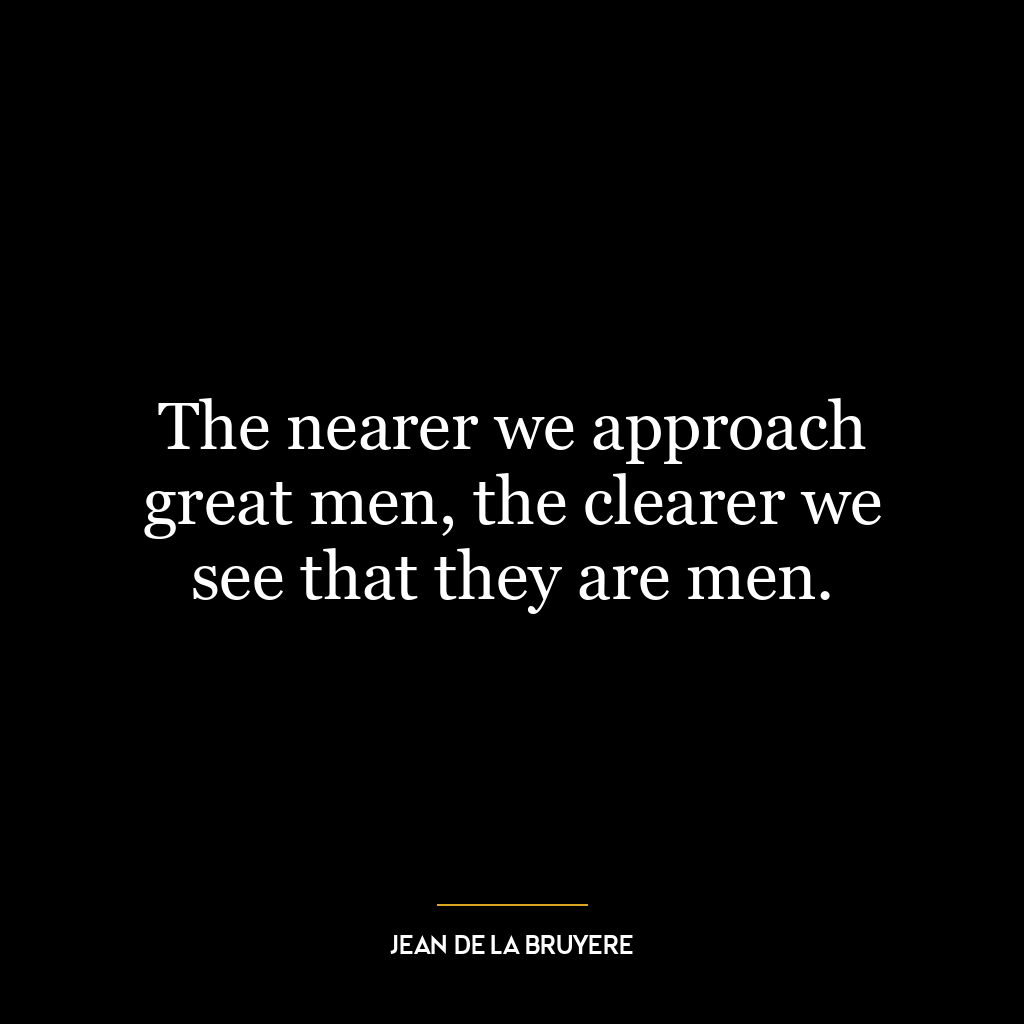You can look at the world from a mountain or from a rat hole! Most people do the second!
This quote is a metaphorical comparison of perspectives. It suggests that you can either view the world from a broad, elevated perspective (the mountain) or from a narrow, limited viewpoint (the rat hole). Most people, according to the quote, tend to adopt the latter approach.
The mountain signifies an expansive and open-minded viewpoint. From atop a mountain, one can see far and wide; there are no obstructions to limit your vision. This represents an enlightened perspective where one considers all aspects of a situation – its past, present and future implications – before forming an opinion or making decisions.
On the other hand, viewing from a rat hole symbolizes constrained thinking. A rat in its burrow sees only what’s immediately in front of it; it’s unaware of what lies beyond its small sphere. This represents individuals who focus solely on their immediate surroundings or circumstances without considering broader contexts or long-term consequences.
In today’s world full of information overload and constant distractions, it’s easy for us to fall into ‘rat hole’ thinking – focusing on immediate tasks at hand without considering their larger implications. We often get caught up in our own narrow worlds – be it work stressors or personal issues – forgetting that there are wider vistas out there which could offer different perspectives and solutions.
In terms of personal development too this idea holds great significance. If we constantly restrict ourselves to our comfort zones (rat holes), we miss out on opportunities for growth that come with taking risks and embracing challenges (climbing mountains). By adopting the ‘mountain’ perspective more often than not – by being open-minded and receptive to new experiences – we allow ourselves room for self-improvement and personal growth.
Moreover, by consciously choosing to step back every once in awhile from our everyday problems – however significant they may seem – we gain better clarity about them when viewed against larger life goals or societal issues (viewing from atop the mountain). This, in turn, helps us make more informed decisions and choices.
In essence, the quote encourages us to strive for a broader perspective on life and not get bogged down by narrow-mindedness or short-sightedness.




